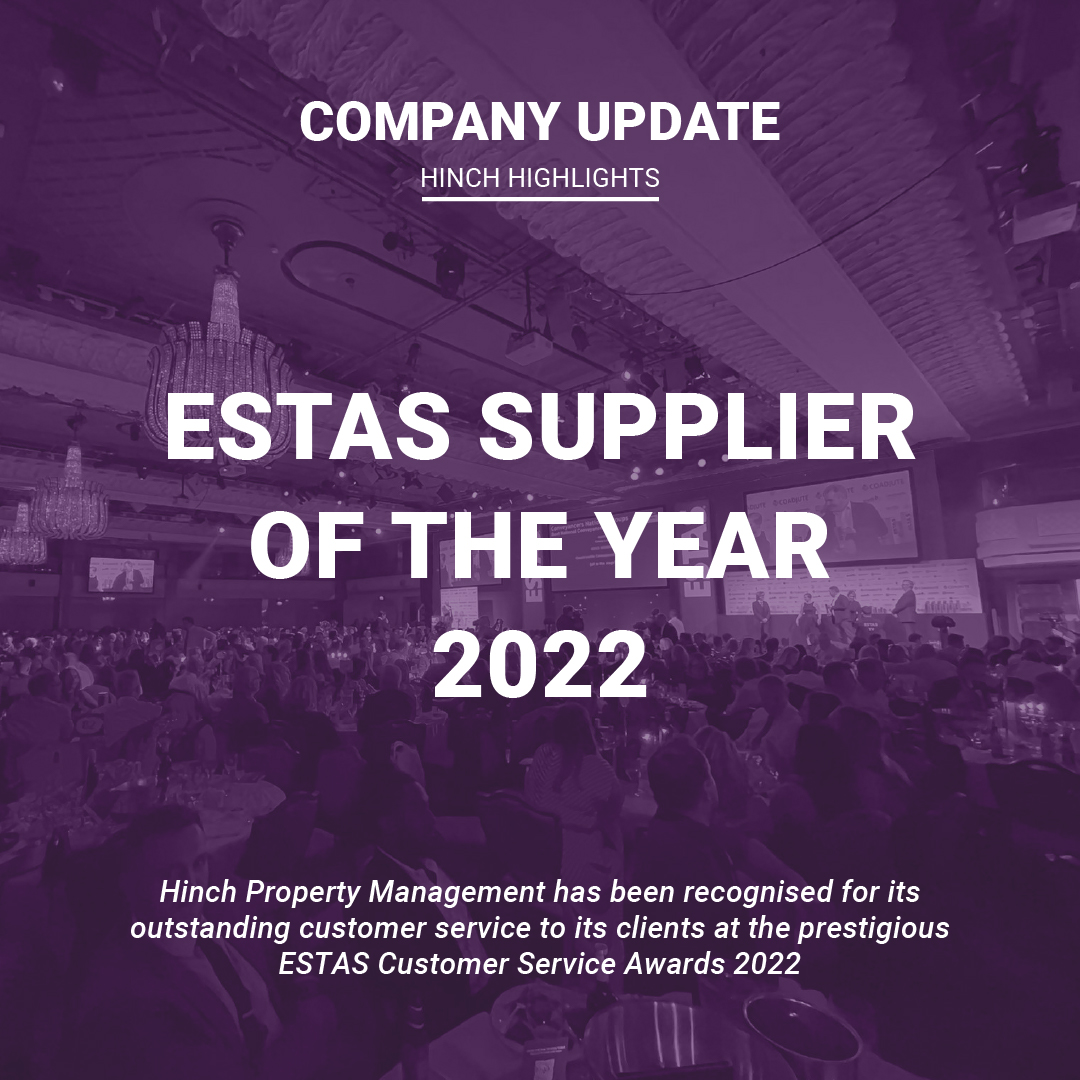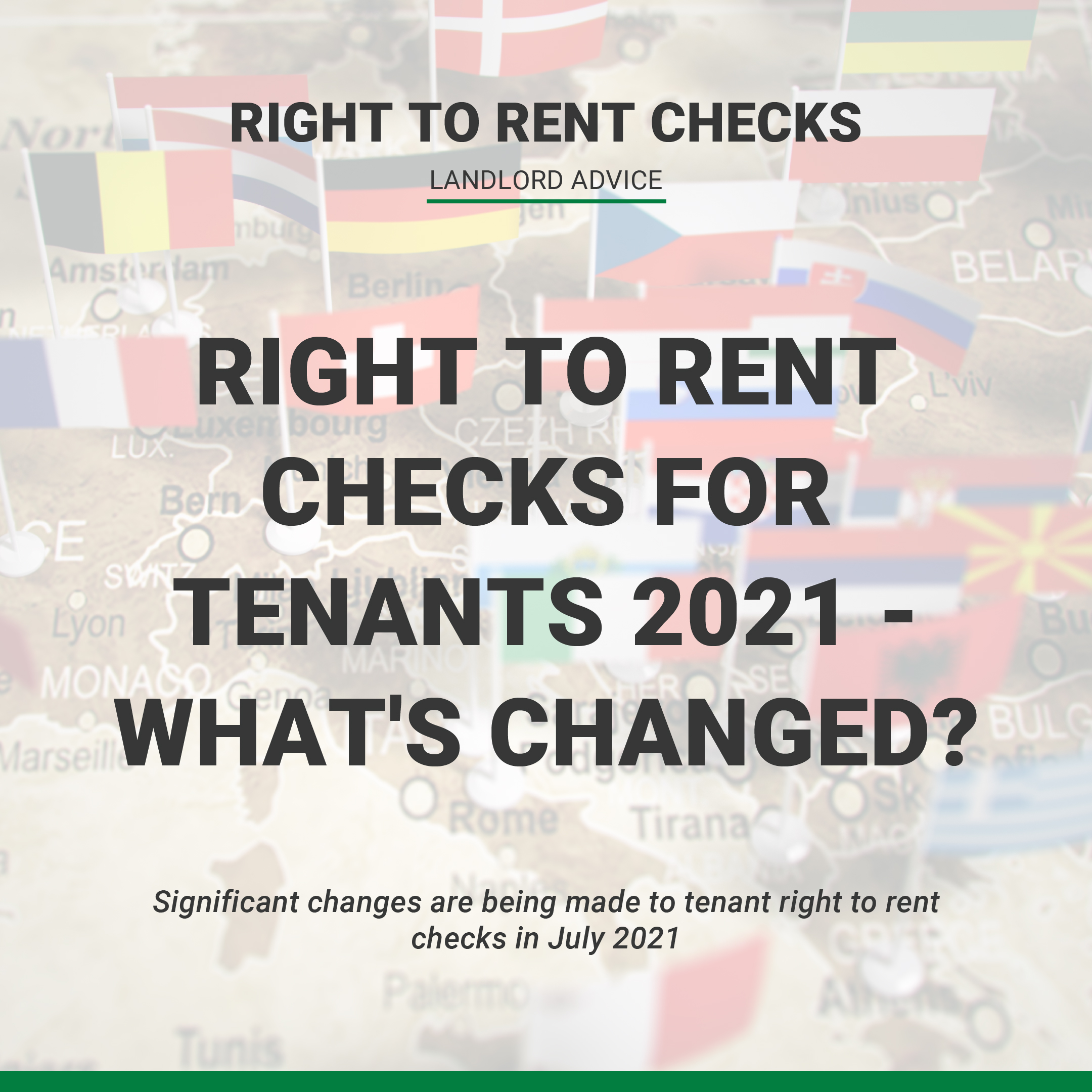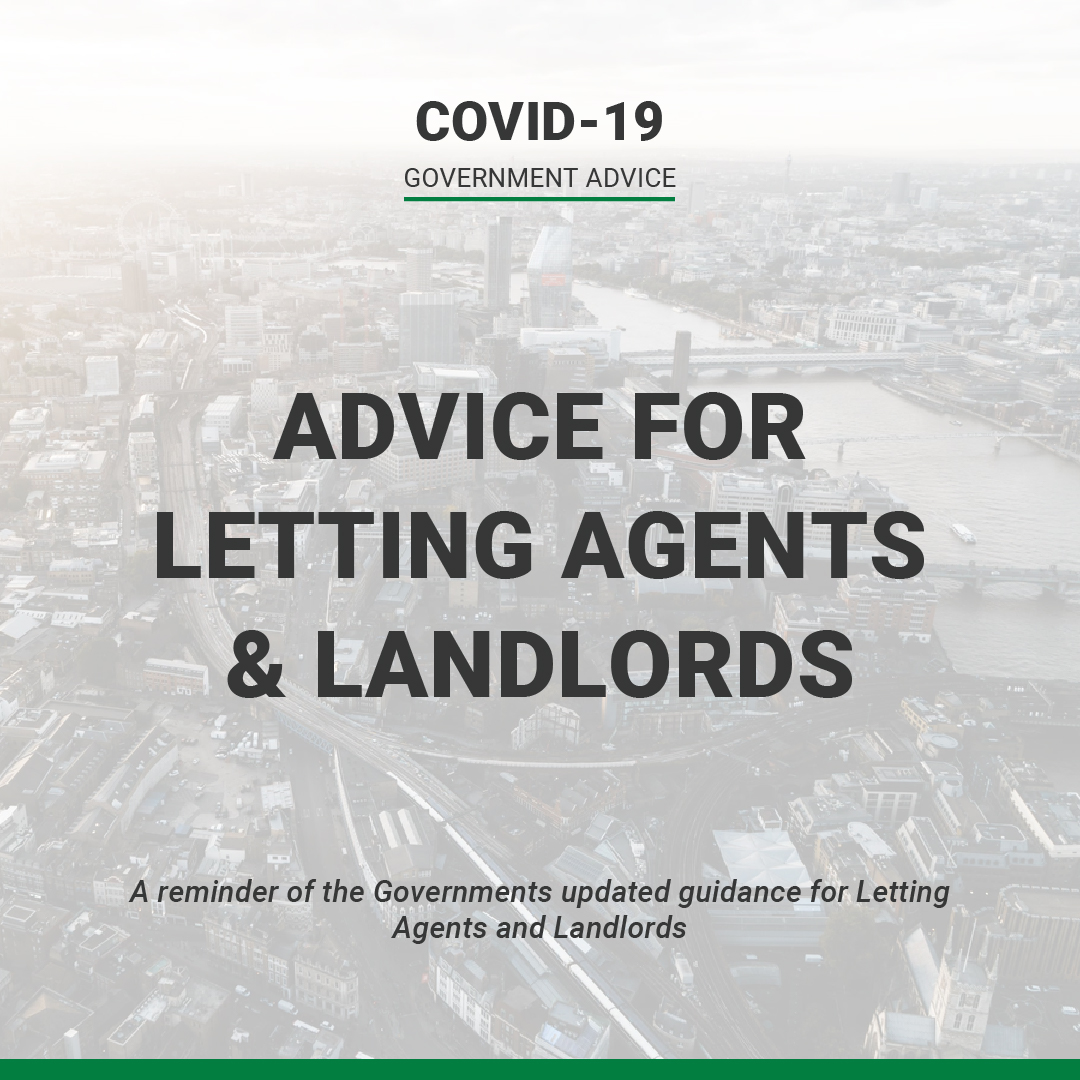Housing White Paper: What does this mean for Letting Agents, Landlords, and Tenants?
Date: 27/2/17 Category: Housing White Paper

Firstly you need to know what the Housing White Paper is about. The Housing White Paper is a government report that gives both fact/information and proposals for what should occur in the future regarding the housing and rental market. This includes buyers, developers both big and small, landlords, letting agents and tenants. The Paper is due to go for voting in late March.
The majority of the Housing White Paper is in fact aimed at progressive new builds and how they plan to deal with the housing crisis.
If you thought this means it is not going to affect the rental market you would be wrong. Part of the Housing White Paper looks at banning letting agents fees, holding rogue landlords accountable and making living conditions safer, especially for HMO (Houses of Multiple Occupancy)
Banning Fees
The primary focus for the rental market is the banning of letting agents fees. Nearly almost all letting agents charge the tenant’s fees 96%. The fees are to pay for the numerous extras that the letting agent has to do, checking and getting references, amendments to agreements and so forth. Now admittedly some of these prices seem extortionate or it may seem that way. But have you considered the amount of time and effort the letting agent is putting into getting this done? Agents can spend weeks chasing tenants, references, and landlords regarding paperwork. On average it takes the agent eight hours per service or task to complete. Who is going to front these costs if the fees are banned? What happens to this person’s job? 42% of letting agents believe a full ban would mean having to reduce their staff.
There are a lot of questions around the proposed plan for the government to answer. Who will carry out the jobs that the fees currently pay for? (Tenancy agreements etc). If the letting agent is not getting paid, they cannot continue to do the job, so the work falls on the landlord? Most properties are managed for a reason. With a letting agent they get late rent chased, maintenance issues, brought to their attention, referencing and much, much more.
The government’s White Paper has also suggested extending the normal 12-month tenancy to 36months instead (3 years). The amount of time an agent spends dealing with these issues will decrease significantly profit margins also decrease. The landlord benefits as they have a three-year assured tenancy which decreases the amount of time the property is empty, currently landlords are expected to lose two-month rent a year to the property being empty. But on the other hand if in the three years there were no mid-year inspection to check on the maintenance of the property the landlord is unable to gauge what repairs might need to occur. Will the bill landlord have a sizeable unexpected bill at the end of three years?
ARLA
ARLA (Association of Residential Letting Agents) in general, are quite happy with the proposed plans that the Housing White Paper intend to put into place, the three-year tenancy, prosecuting unscrupulous landlords, encouraging more building and so forth. However, they are campaigning for a balanced legislative solution for the banning of letting agents fees. They have proposed a counter offer; cap the letting agent’s fees, and allow the tenant to spread the costs over the first six months rather than paying a large lump sum. ‘Rather than banning fees entirely, letting agents will be able to maintain current services to tenants’ (ARLA website). With the proposed plans letting agents believe that the current rental prices will increase significantly to offset the costs of the work that the landlord is going to be taking on.
It’s not all bad news, though, the government wants to build 275,000 new homes each year, that’s a large leap from the 32,000 built last year, and not all of them are aimed at the buying market. Having looked at the yields that landlords are making per year on property it’s looking bleak for them. Yields are dropping each year, properties are costing more to maintain and the amount of time the property is standing empty are eating into their profits. With the influx of new builds the costs of houses on the market are expected to drop, while your house might not be earning £29,000 a year in value (Approximate in 2016 for a house in the southeast) the demand for housing will lessen, making more yields for the landlord. But prices in rent are not looking to fall but continue to rise.
So…
The Housing White Paper wants to ban letting fees, possibly causing job losses and profits to drop.
Landlords will not have anyone really looking after their properties, they will now have to take on the management role, which could bring standards into question, and better income as property will not be empty for longer, drop in housing prices with an influx of new property.
Tenants look to gain, better prosecution for landlords that aren’t abiding by the law, fewer fees to pay to get your own space quicker, and longer tenancies meaning better family security, less disruption for children who do not have to move.
There looks to be many pros and cons for and against the Governments Housing White Paper. For each party concerned it just depends on what side of the fence you sit to whether you’re welcoming the changes or fighting them.
Related Articles
Share this article:
Back to blog













